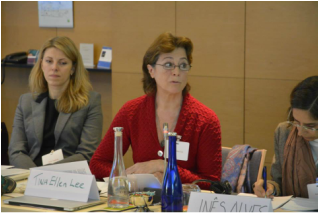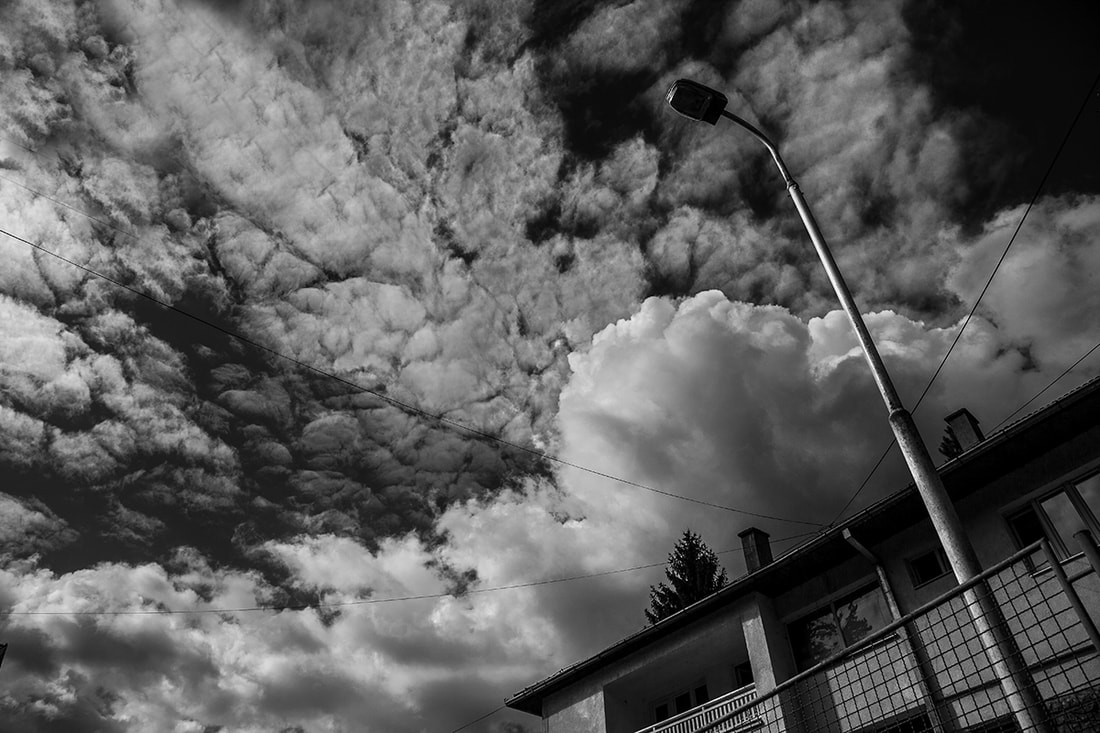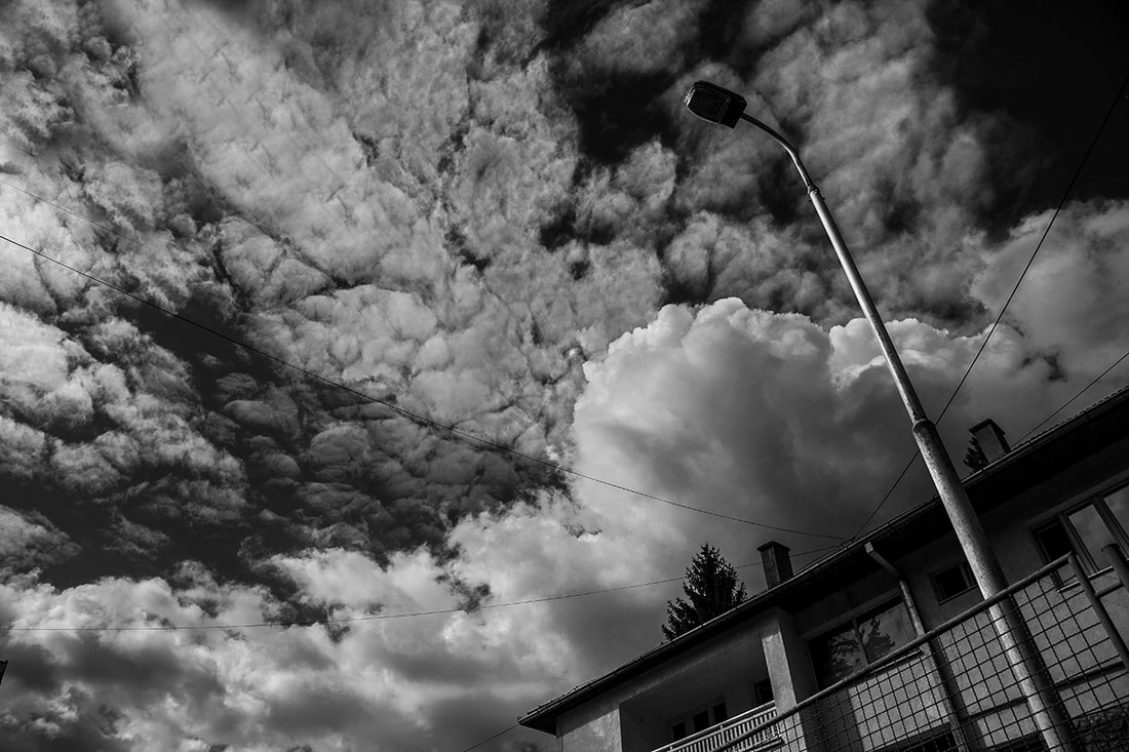On the 25th November, an informal EU supported workshop seminar was held in Brussels and supported by the EU’s Instrument contributing to Stability and Peace (IcSP). Other organisations represented were the Salzburg Global Seminars, More Europe, Council of Europe and UNESCO with other different departments from the EU. This workshop was primarily concerned with the current troubles in the Ukraine. I was invited because of the experience I have had working in Bosnia and in particular Srebrenica. I describe myself as a sort of e.g., giving an example of how cultural activity with young people has succeeded in supporting some to become more empowered and quite a large number to have access to mobility projects and to the encouragement of their own creativity. Please see the web site and the documentary link on the first page. http://www.thecompletefreedomoftruth.com
I will be publishing some more notes from this meeting, in particular those agreed by the 5 artists/cultural operators/manager from the Ukraine and Russia and a link to the report that will be written by Clare Shine, the Director of Salzburg Global Seminars.
Here is the brief talk I gave in Brussels about my experience of the uses of music and the creative arts in areas of post conflict and with those with disability and/or trauma as a result of war or conflict.

My name is Tina Ellen Lee. My background is as an artist and performer. I co-founded the performing arts charity Opera Circus in 1991 whose broad remit is public education through the arts. We commission and produce new contemporary chamber opera and music theatre and work with all the creative art forms but in particular music and at present primarily with children and young people in Srebrenica, Bosnia.
There is now a great deal of proven research that shows how music can develop the power of the brain leading to improvements not only in mental capacity but in physical and emotional functions.
Emeritus Professor of Music at Edinburgh University and composer, Nigel Osborne, has worked with Harvard and others to provide much evidence that access to music at an early age can increase the capacity for absorbing information particularly in the sciences and mathematics and that music can help to improve the emotional and physical responses of children and young people with mental and physical disabilities and with trauma caused by war or conflict. Here is a brief explanation, taken from a theoretical paper written by Professor Osborne for us, about how music can help children suffering from trauma:
“We use the power of music to offer support and the possibility of change to traumatised children in three overlapping domains. The first domain is the biological, and is concerned with the way music may have a significant effect on the bodies and physical symptoms of children who have experienced difficulties through trauma. The psychological domain is more commonly understood in the sense that it concerns the way that music can change the way we think and feel as individuals. The social part is concerned with how we relate to other people and our perception of ourselves in our social lives. We believe that music can work simultaneously on all these levels. I see the bio-psycho-social paradigm as a cycle, or circle, circumscribing a space within which music may operate in an entirely simultaneous and “holistic” way.”
“Music creates a number of electrochemical events in the brain and body. These are the seas of the ocean of emotion. We may have these islands we call fear, love, or anger but in music we travel the ocean between them. That is how and why we may explore emotion “safely” in music. Our children have been very damaged emotionally. Emotions like love, hate, fear, anxiety and jealousy have often become damaged, transformed or confused by traumatic experience. If you see your parents shot in front of you, how do you think about love and hate after that ? Music offers the chance to travel the ocean of emotion without having to land on these dangerous and unhappy islands – at least not until we are ready. Most important of all, we do not need words, Traumatised children are often very reluctant to talk about their experiences, but eager to communicate about them in other ways. Music is not only non-verbal. In evolutionary terms it is probably pre-verbal: evolved from the way our ancestors communicated their intentions and states of body and mind to one another.”
This is Professor Osborne speaking in a documentary we commissioned called A Gift of Culture. It was filmed at the Summer Music Camp in Bosnia and Croatia which he runs every year for children with disabilities and those suffering from trauma.
http://vimeo.com/112565439
Bread, tents, medicines, water are all vital to support shattered communities after the horror of modern warfare in an environment of fear created not only by the incumbent armies but also by the corrupt politicians and others who move in after to suck up the spoils. But as the cultural commentator Francois Matarasso has written,
“Culture generally and music and the arts specifically support the creation of environments for tolerance and understanding within divided communities.”
In 2009 I was invited to Srebrenica by a local NGO to have discussions with a number of young people in the town who wanted to develop their skills in music, dance and theatre. They were 14 and 15 years old and mostly Serb. I approached the conversation in Srebrenica very carefully. It was 14 years after the end of the Bosnian war and many people had been involved in attempts to unite the community and they had mostly failed. The young people intrinsically understood that culture and the creative arts were their way to heal themselves and to work towards a more positive future for their community. They had set up a Children’s Music Theatre to which they invited young children of any ethnicity. When I met them they proudly proclaimed that in several years of working with the children in the theatre spaces, they had not had one racial or ethnic incident although these were common on a daily basis in the schools.
One young woman, Jana, who helped work with the children said it was theatre that had taught her tolerance, before she had been prejudiced against the Bosniak (Muslim) community but working with culture and the arts had taught her to understand and respect their similarities and differences.
I don’t believe there are ever any quick fixes, particularly when trying to rebuild a people after war. One young woman who had dug the Srebrenica Youth Centre out of the rubble and bodies and excrement and ran it for a number of years before depression set in said that they had rebuilt the roads and religious buildings, but they hadn’t rebuilt the people.
In Mostar another woman said that after the Bosnian war everyone felt optimistic that they could get back to work and begin to rebuild their lives, but no one rebuilt the factories and there were no jobs. There are still few, and those that exist are controlled by the political parties, nepotism and bribes.
I and others in this field provide a safe creative space bringing highly professional and skilled artists with sound practice to encourage a sharing of ideas and concerns. It takes time to be trusted. Large scale is not always the solution. You have to go and stay or be available, contactable and responsive. Young people in post conflict areas find themselves stuck and unable to move forward without support. The art forms we use allow the frozen emotional and physical states to be eased and for people to begin to express themselves.
To have an integral, moral and effective process you need to discuss with the people on the ground, the community and the young people what they themselves need. You don’t impose a process through market research. Then be honest about your own capabilities, networks and what you have to offer and then establish a working environment that consults and partners. People in Srebrenica are irritated and offended by internationals who come offering peace processes and reconciliation programmes when what they want is to live without fear, a working democracy and jobs.
I asked a young man I work with in Srebrenica what he thought about what was most important in post conflict situations: He said,
“One thing is consistency. I mean consistency of people who come to post-conflict communities to work. People survived violence, refugee camps, corruption and lies. Years of lies. The reason why people trust you and the small number of others, is that you come back. You always come back. That is the only way to make a change. To stay there, or to keep coming back. Otherwise, we are just talking about people and projects that are offending people who live in these communities. You, as a person, as an organization need to show that you care.”
He also mentioned the importance of someone taking care of children and young people with disabilities as they are low on the list of priorities and help for them has to come from outside.
Srebrenica is still a very dark place filled with fear and corruption. But I have seen the effect that the creative process has had on all the young people we have worked with and continue to do so. The most important thing to do is to keep listening and to keep creating the cultural and musical spaces.
Youth and school exchange programmes and youth mobility projects are also very powerful allowing for different perspectives and behaviours to be understood. The OSCE ran a Reconciliation Workshop in Sarajevo at the end of 2012. The report of their findings identified a number of factors relevant to reconciliation. Amongst them were the following two:
- ·Culture including making music and films should be part of the process.
- ·Programmes, especially youth exchanges, are indispensable.
I finish with part of an interview with Darko, a 17 year old from Srebrenica, who attended a mobility project with us in the UK this summer. This is taken from a documentary we commissioned about the project, which was called The Complete Freedom of Truth and funded by the new Erasmus+ grant scheme.
With thanks to Robert Golden for the film clips taken from the documentaries A Gift of Culture and The Complete Freedom of Truth. http://www.robertgoldenpictures.com
Tina Ellen Lee

